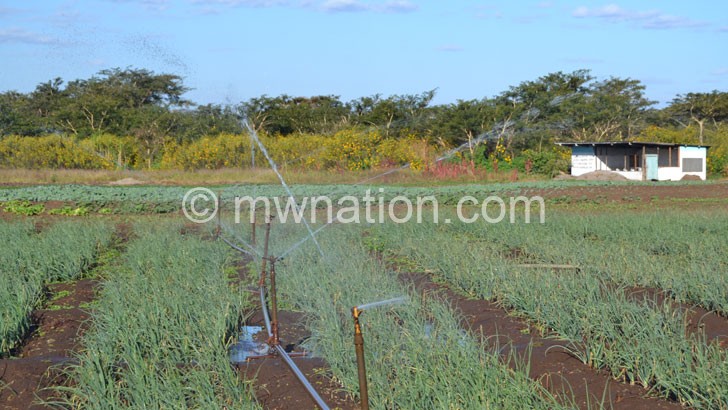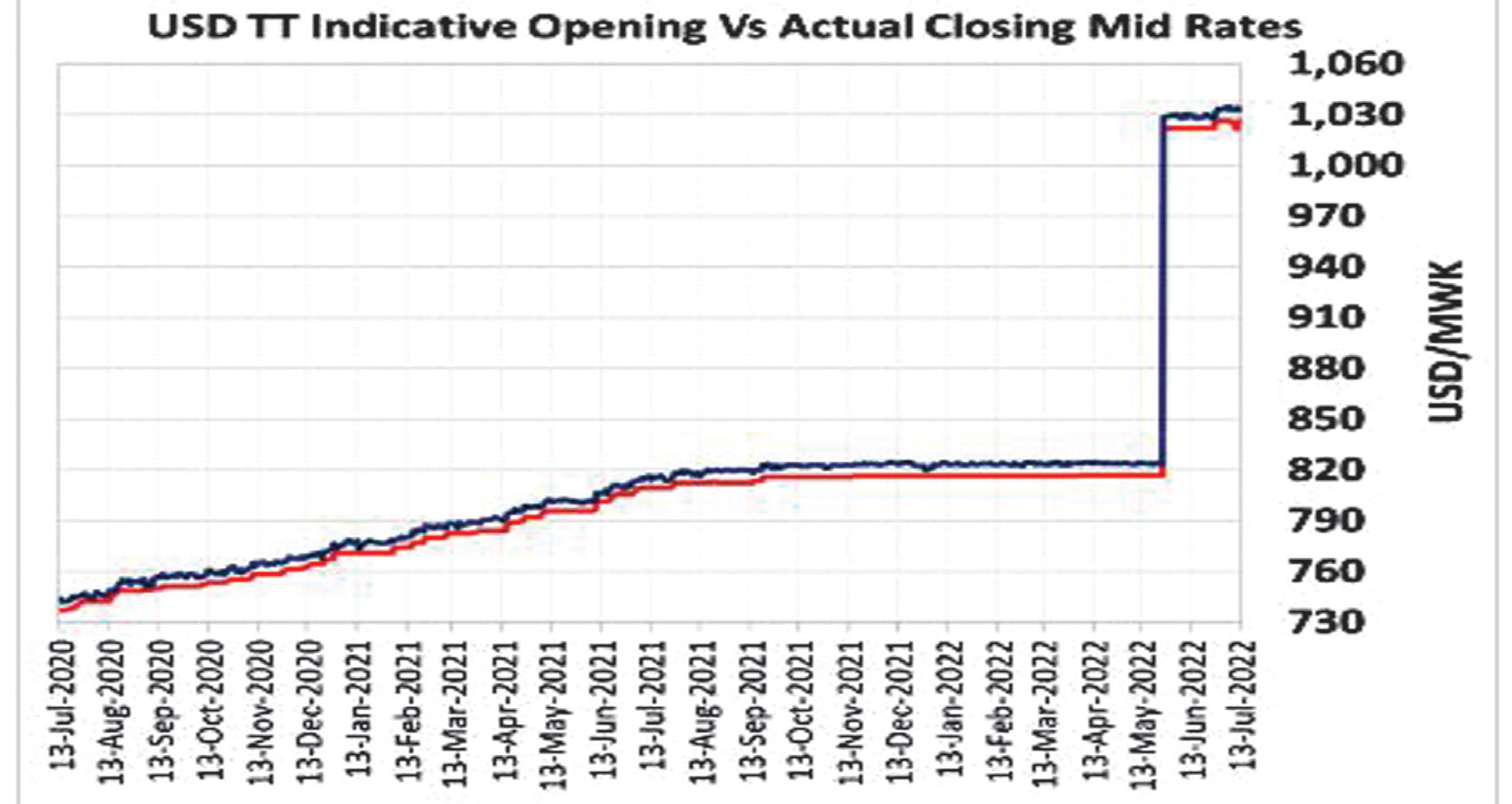The World Bank has asked Malawi to ensure export diversification and agriculture commercialisation to minimise the economy’s exposure to external shocks such as global price hikes.
But some of the farmers argue that they face a number of challenges in their quest to commercialisate, citing challenges in value addition, packaging and lack of market infrastructure.
Commercialisng agriculture is capital intensive
In its June 2022 Malawi Economic Monitor report, the Bretton Woods institution recommends enhanced export competitiveness and market-oriented growth, arguing that export diversification could help increase the country’s overall economic growth.
Reads the report in part: “This [diversification drive] would require implementing the National Export Strategy [NES], strengthening the institutional framework for private sector development and focusing on agricultural commercialisation and productivity growth.”
Horticulturalist Ngabaghila Chatata, who owns Thanthwe Enterprises, said the agriculture commercialisation drive faces glitches, citing issues of packaging.
She said: “A lot of money goes towards packaging. There have not been efforts to have people investing in the packaging space.
“However, other countries promote recycling as a way of creating locally found packaging materials, but here we import packaging materials which makes the products expensive.”
Chatata said finding markets is another challenge, adding that it took her a year of discussions with Shoprite to finally get a shelf in the shops.
“I had similar challenges with Chipiku, but things eventually worked. Now imagine how hard it would be for local farmers to move back and forth trying to find markets for their products,” she said.
Karonga-based farmer, Howard Msukwa cited lack of better marketing arrangements, marketing infrastructure and limited value addition as key impediments to smallholder farmers’ commercialisation efforts.
“Poor market access and prices hinder our dreams for commercialisation,” he said.
Ministry of Trade and Industry spokesperson Mayeso Msokera said market assessments show improved demand for locally produced goods and that stocking levels of locally produced products has increased in various supermarkets and distribution outlets.
The post World Bank makes case for commercialisation appeared first on The Nation Online.
 Moni Malawi
Moni Malawi 

